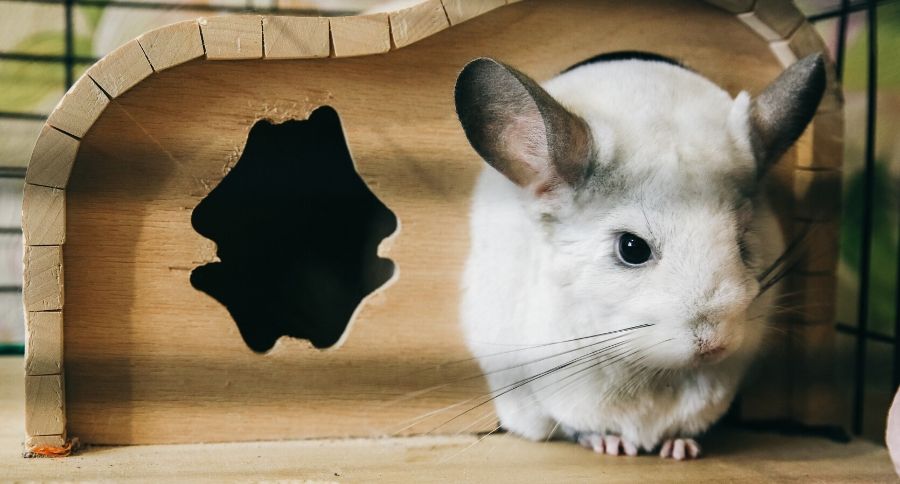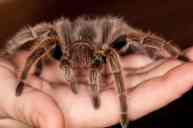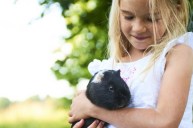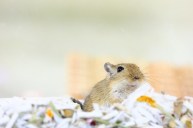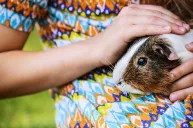Exotic pets like chinchillas, goats, and sugar gliders are now eligible for pet insurance! All of these small mammals are growing in popularity, and chinchillas are charming "small rodents" from South America that many U.S. households have as pets. They are adorable and live for an average of 10 to 15 years.
The Spruce Pets explain that pet chinchillas are active and playful, and with gentle handling from a young age, most chinchillas can bond closely with their owners.
They don't enjoy being held and cuddled, though!
Behavior and temperament
They are nocturnal! Chinchillas chew on objects to maintain all their teeth, which grow continuously. They must have plenty of wood chew sticks. Always make sure everyone in the family knows that chinchillas have a very fragile rib cage. Be gentle when handling them and do not squeeze their rib cages.
What do they eat?
https://www.instagram.com/p/B7nsM9snMdC/
They are herbivores! Experts at Vet Street confirm that chinchillas require a high-fiber diet composed predominantly of grass hay.
"While alfalfa hay can be fed to nursing and growing chinchillas (in youngsters, the author recommends up until about 9 months), timothy hay is preferred for non-breeding adult chinchillas, as alfalfa is too high in protein and calcium, and can lead to obesity and development of calcium-based bladder stones."
Housing
Petco has wonderful advice on housing. They need a large multi-tiered habitat and a solid bottom to protect their feet.
Chinchillas acclimate well to average household temperatures, not to exceed 80°F; be cautious of extreme temperature changes. The habitat should never be in direct sunlight or in a drafty area. About 1-2 inches of bedding should be placed in the habitat; proper bedding includes high-quality paper bedding, crumbled paper bedding or hardwood shavings.
Their teeth grow continuously
https://www.instagram.com/p/B7my8SQAdaw/
Chinchillas have teeth that grow 2-3 inches per year and a vet may need to be involved if you notice any overgrowth.
Their upper and lower teeth must align in order to wear down properly against each other as they chew. Improper alignment, or malocclusion, occurs when the teeth do not meet properly and, therefore, do not wear correctly, leading to overgrowth.
Dust baths!
My chickens take dust baths to make sure they are parasite-free. So do chinchillas!
The Spruce Pets explain that dust baths keep the fur of chinchillas in tip-top shape.
"Furry chinchillas, who hail from arid climes, need regular access to a dust bath. Keep in mind that It takes regular dust baths to keep your chinchilla's soft, thick fur in good condition. Chinchillas should never be bathed in water."
Is there anything here that surprises you about these small mammals?
Heatstroke is a common health issue so you must know what the signs look like when these small animals are overheating. You also must watch chinchilla's teeth to ensure they don't overgrow.
Always make sure their housing has plenty of chew toys. Talk to your pet stores and DVM about the best toys, water bottles, food bowls, chinchilla cages and chinchilla facts when you're ready to bring your young chinchilla home!
Chinchillas are known to be great pets and if this small mammal seems too high maintenance, you can also consider guinea pigs!
Do you know anyone that shares their home with a chinchilla? We'd love to hear more! Please leave a comment below!
